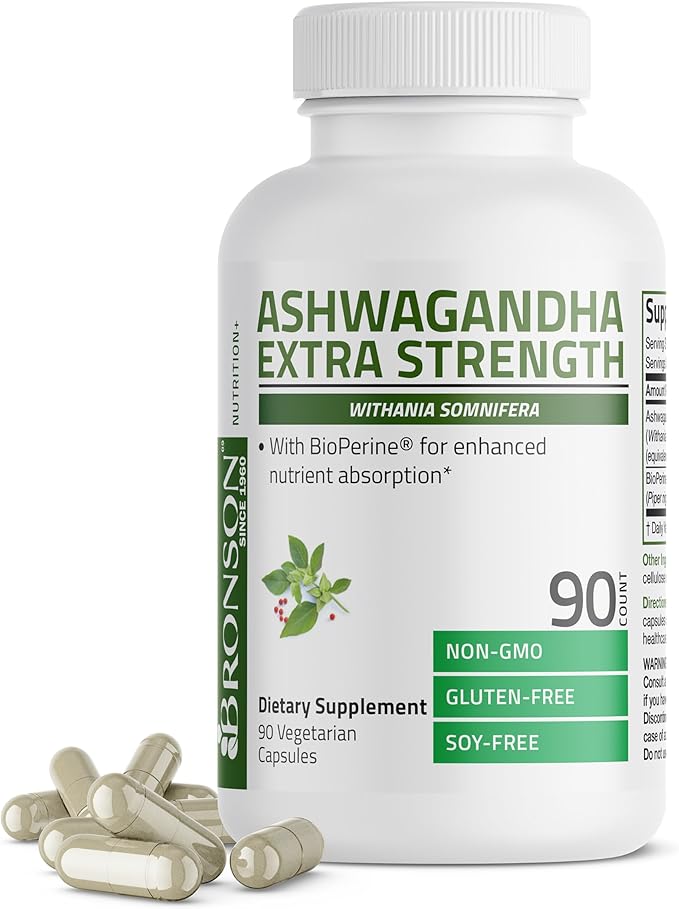Can you take Alpha Linolenic Acid and D-Biotin together?
Interaction Details
Taking Alpha Linolenic Acid and D-Biotin together has the potential for good synergy, suggesting a rating of 4 out of 5.
Alpha Linolenic Acid (ALA), an omega-3 fatty acid, and D-Biotin, a B-complex vitamin, interact synergistically through their roles in metabolic and energy processes. ALA is involved in anti-inflammatory pathways and can influence the activity of various enzymes. D-Biotin acts as a coenzyme for carboxylase enzymes, crucial for fatty acid synthesis and energy production. When combined, their synergy could enhance metabolic efficiency, with ALA supporting cardiovascular health and D-Biotin contributing to the optimal functioning of energy production pathways. This combination might also potentiate the antioxidant effects of ALA, as biotin can support the activity of certain antioxidant enzymes. Furthermore, both compounds play roles in maintaining healthy skin, hair, and nails, potentially compounding their individual benefits in these areas.
Potential Benefits
Potential Risks
Alpha Linolenic Acid
Alpha-Linolenic Acid (ALA) is an omega-3 fatty acid found in plant-based foods such as flaxseeds and walnuts. It is considered an essential fatty acid because the human body cannot produce it on its own.
Some benefits of ALA include supporting heart health and reducing inflammation.
D-Biotin
D-Biotin is a B-complex vitamin, also known as Vitamin B7 or H. It plays a crucial role in energy production, nerve function, and maintaining healthy skin, hair, and nails.
Some benefits of D-Biotin include:
- Supports healthy hair growth.
D-Biotin is essential for the production of keratin, a protein that makes up hair, and helps to strengthen hair follicles, promoting healthy growth. - Boosts energy production.
D-Biotin is necessary for the metabolism of carbohydrates, fats, and proteins, helping to convert them into energy that the body can use. - Maintains healthy skin.
D-Biotin helps to regulate the metabolism of fatty acids, which is important for maintaining healthy skin, and can help to alleviate conditions such as dermatitis.
